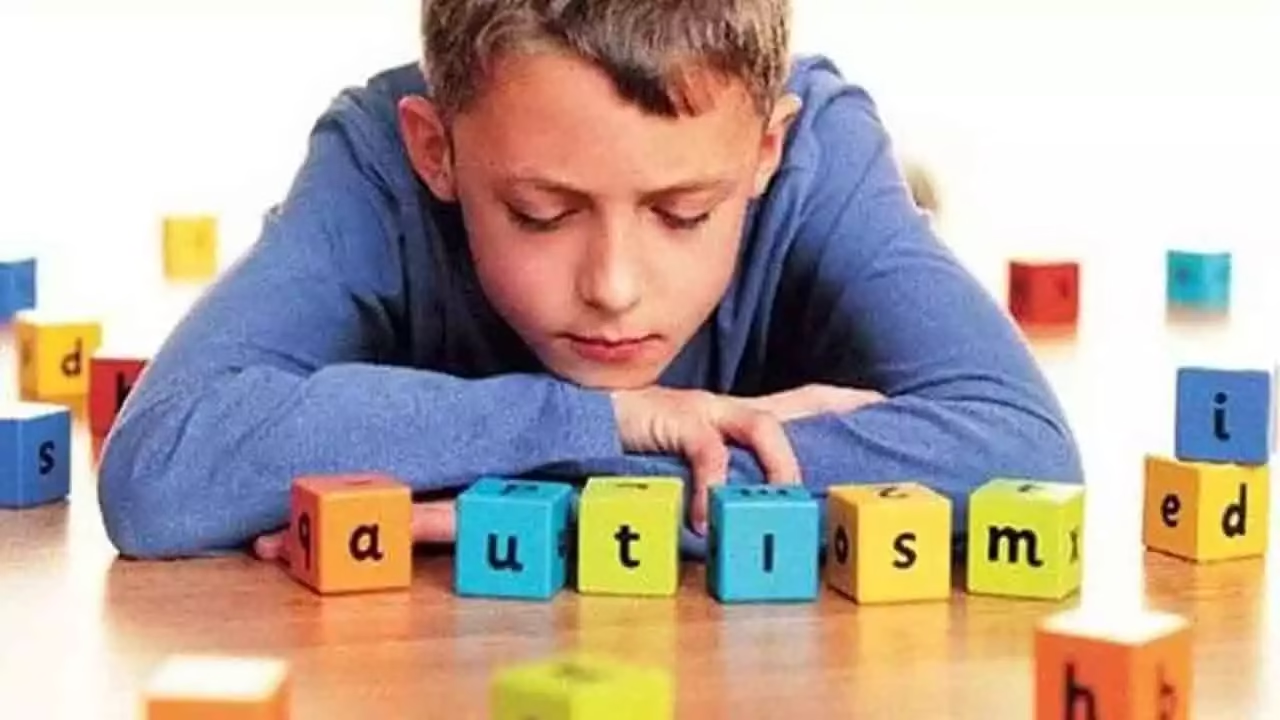Autism Spectrum Disorder (ASD) is a complex neurodevelopmental condition that affects individuals uniquely, influencing their social interactions, communication abilities, and behaviors. Recognizing and understanding ASD is crucial for fostering inclusive communities and providing appropriate support to those affected.
What is Autism Spectrum Disorder?
ASD is characterized by differences in brain development, leading to challenges in social interaction and communication, as well as restricted or repetitive behaviors or interests. The term spectrum reflects the wide variation in challenges and strengths possessed by each person with autism. Some individuals may have significant disabilities, while others may have exceptional abilities in certain areas.
Symptoms and Diagnosis
The signs of ASD typically appear in early childhood and can include:
- Social Communication Challenges: Difficulty understanding social cues, maintaining conversations, or forming relationships.
- Repetitive Behaviors: Engaging in repetitive movements or speech patterns, and an insistence on sameness or routines.
- Sensory Sensitivities: Over- or under-reacting to sensory inputs like sounds, lights, or textures.
Diagnosing ASD involves comprehensive evaluations by healthcare professionals, considering behavioral observations and developmental history. Early diagnosis is vital to access interventions that can significantly improve outcomes.
Treatment and Intervention
While there is no cure for ASD, various interventions aim to enhance the individual’s ability to function and improve their quality of life. These may include behavioral therapy, speech and language therapy, and occupational therapy. Tailored educational programs and support services are also essential in addressing the unique needs of each person with autism.
World Autism Awareness Day
Observed annually on April 2nd, World Autism Awareness Day aims to increase understanding and acceptance of people with autism. Established by the United Nations in 2007, this day encourages member states to raise awareness about autism globally. Activities include educational events, community gatherings, and initiatives to promote inclusion and support for individuals with ASD.
The Importance of Awareness and Acceptance
Raising awareness about autism is crucial in dispelling myths and reducing stigma associated with the condition. Acceptance fosters an inclusive society where individuals with autism can thrive and contribute meaningfully. Efforts such as Light It Up Blue, where landmarks are illuminated in blue to show support, and wearing blue clothing on April 2nd, are symbolic gestures promoting solidarity and understanding.
Personal Stories Highlighting the Autism Experience
Personal narratives shed light on the diverse experiences of individuals with autism and their families. For instance, Erin McGregor shares how her son’s autism diagnosis transformed her perspective, emphasizing the importance of acceptance and understanding. She highlights the profound love and connection that can flourish when societal expectations are set aside in favor of embracing each individual’s unique journey.
Challenges in Diagnosis and Support
Despite increased awareness, challenges remain, particularly regarding the underdiagnosis of autism in certain populations. Research indicates that autism is often underdiagnosed in females, partly due to differences in how symptoms manifest and societal expectations. This underdiagnosis can lead to a lack of support and understanding for many individuals.
Community Initiatives and Support
Communities worldwide are taking steps to support individuals with autism. For example, Norwalk’s initiative to light up its Town Green gazebo in blue is a public demonstration of commitment to autism awareness and acceptance. Such events bring together legislators, families, and community organizations to advocate for inclusive policies and practices.
Understanding Autism Spectrum Disorder is essential for building a compassionate and inclusive society. Through awareness, acceptance, and tailored support, individuals with autism can lead fulfilling lives and make valuable contributions to their communities. As we observe World Autism Awareness Day, let us commit to fostering environments where everyone, regardless of neurological differences, is valued and supported.



